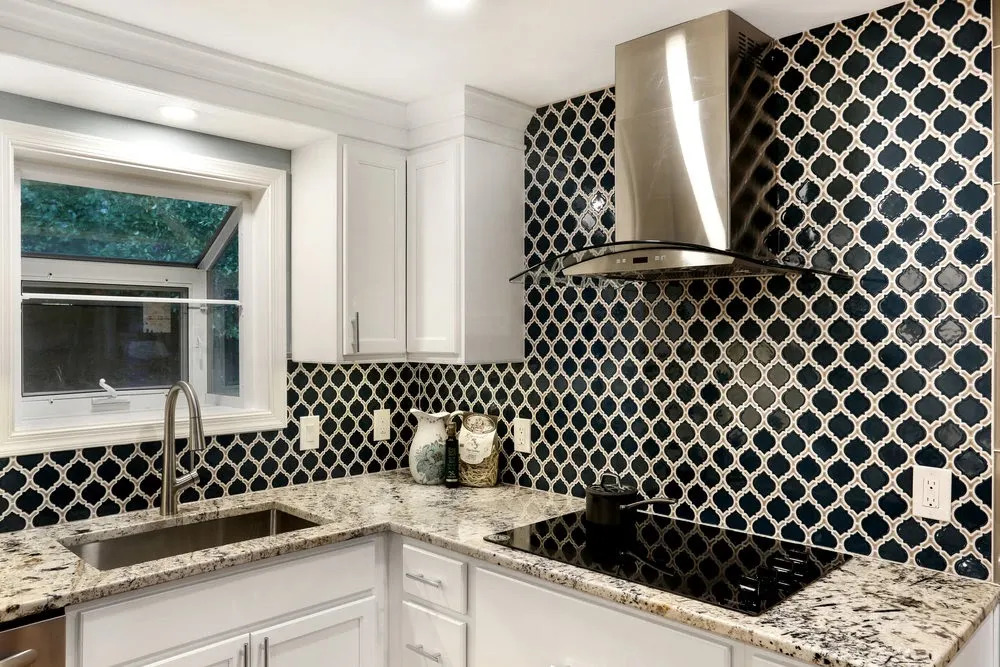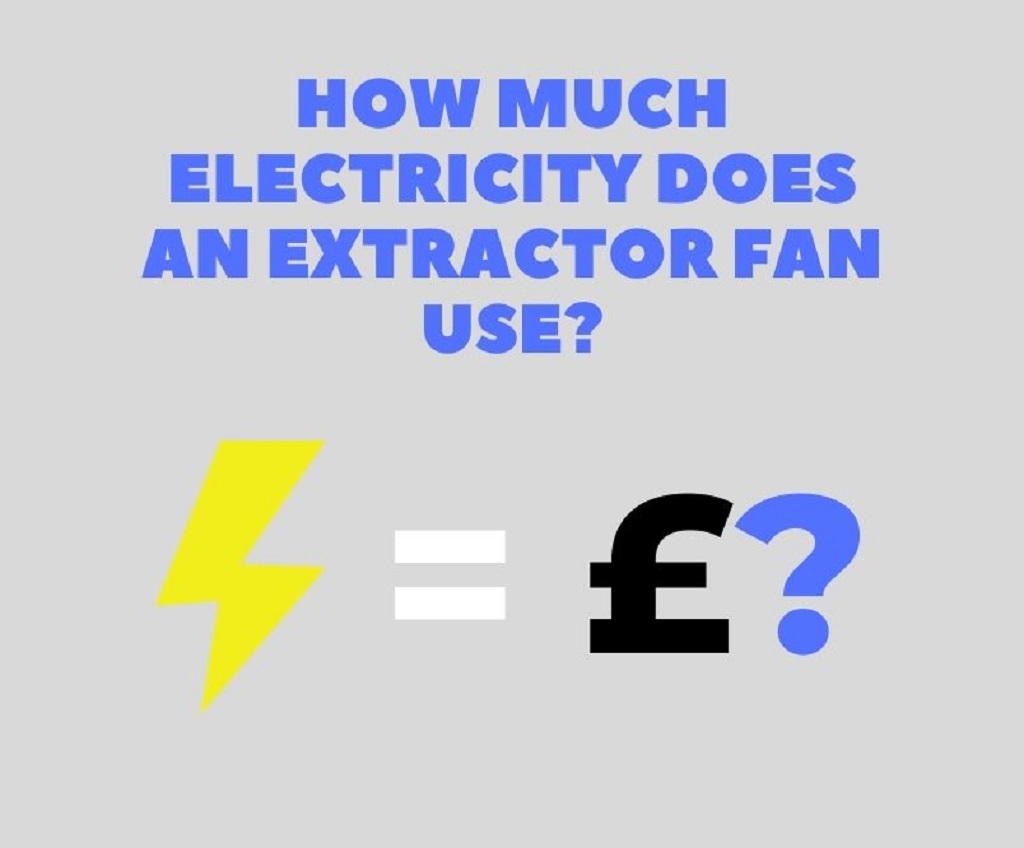
26 Aug Do Kitchen Exhaust Fans Use a Lot of Electricity?
Are you wondering about the electricity usage of your kitchen exhaust fan? You’re not alone. Kitchen exhaust fans are essential for maintaining air quality and removing odors from your cooking space, but how much electricity do they actually consume? In this article, we’ll delve into the world of kitchen exhaust fan power consumption, shedding light on various factors that determine their energy usage. By the end of this read, you’ll have a clearer understanding of whether these fans are energy hogs or just a minor addition to your electricity bill. This content is presented by Dightonrock.com.
Understanding Kitchen Exhaust Fan Power Consumption
Kitchen exhaust fans come in various types, ranging from residential to commercial, and each type has its own power consumption characteristics. Let’s break down the numbers:
Residential Kitchen Exhaust Fans
Residential kitchen exhaust fans are commonly found in homes and apartments. These fans are designed to handle the cooking fumes and odors generated during regular cooking activities. The power consumption of residential exhaust fans can vary, with most falling within the range of 40 to 90 watts. This means that, if you run your fan continuously for an hour, it would consume approximately 0.04 kWh of electricity. Explore the facts about kitchen exhaust fan.
Commercial Kitchen Exhaust Fans
For larger cooking spaces, such as those in commercial kitchens or restaurants, more robust exhaust systems are required. Commercial kitchen exhaust fans have a slightly higher power consumption range, typically between 60 to 120 watts. This higher power requirement is necessary to effectively handle the greater volume of cooking and emissions in a commercial setting.
Specific Examples
To put things into perspective, consider the following examples:
- A typical kitchen extractor fan, often used in residential kitchens, consumes around 200 watts of electricity and might run for about 5 hours a day.
- Another estimation suggests that a kitchen extractor fan, which runs for approximately 5 hours a day, consumes about 100 to 200 watts.
- If you have a range hood, a type of kitchen exhaust fan, it might consume around 0.110 kWh of energy per hour.
Factors Influencing Power Consumption
Several factors influence the power consumption of kitchen exhaust fans:
- Type of Fan: Different types of fans have varying power requirements. Range hoods, for instance, might consume more energy compared to standard exhaust fans due to their larger size and more advanced features.
- Usage Duration: The longer the fan runs, the more energy it consumes. This is particularly important for commercial kitchens where the fan might be running for extended periods.
- Power Setting: Some exhaust fans have adjustable power settings. Higher power settings will naturally lead to increased energy consumption.
- Efficiency: The efficiency of the fan’s motor and overall design can impact its energy usage. Modern, energy-efficient models tend to consume less electricity while delivering the same performance.
Conclusion
So, do kitchen exhaust fans use a lot of electricity? The answer is not a straightforward “yes” or “no.” While these fans do consume electricity, the amount varies widely depending on factors like the type of fan, usage patterns, and efficiency. Residential fans are generally more energy-efficient compared to their commercial counterparts, but even within these categories, there’s a range of power consumption. When considering energy efficiency and consumption, it’s important to understand the specific needs of your space. Is exhaust fan better than ceiling fan? Keep reading to find out which option suits you best.
Before choosing a kitchen exhaust fan, consider your cooking habits, kitchen size, and specific needs. Opting for an energy-efficient model can help you strike a balance between maintaining air quality and managing your energy costs.
Frequently Asked Questions
Q1: Are residential exhaust fans and range hoods the same thing?
A: No, they are not the same. Range hoods are a type of kitchen exhaust fan that is typically more powerful and designed to handle larger cooking spaces.
Q2: Can I reduce the energy consumption of my kitchen exhaust fan?
A: Yes, you can. Opt for models with energy-efficient features, and make sure to turn off the fan when it’s not needed.
Q3: Do kitchen exhaust fans contribute to overall home ventilation?
A: Yes, kitchen exhaust fans play a significant role in maintaining indoor air quality by removing cooking odors, steam, and pollutants.
Q4: Are there smart kitchen exhaust fans that can be controlled remotely?
A: Yes, there are smart exhaust fan models available that can be controlled through mobile apps, allowing you to manage their usage even when you’re not at home.
Q5: Can I install a kitchen exhaust fan on my own?
A: It’s recommended to have a professional install a kitchen exhaust fan to ensure proper placement, ventilation, and electrical connections.




Sorry, the comment form is closed at this time.